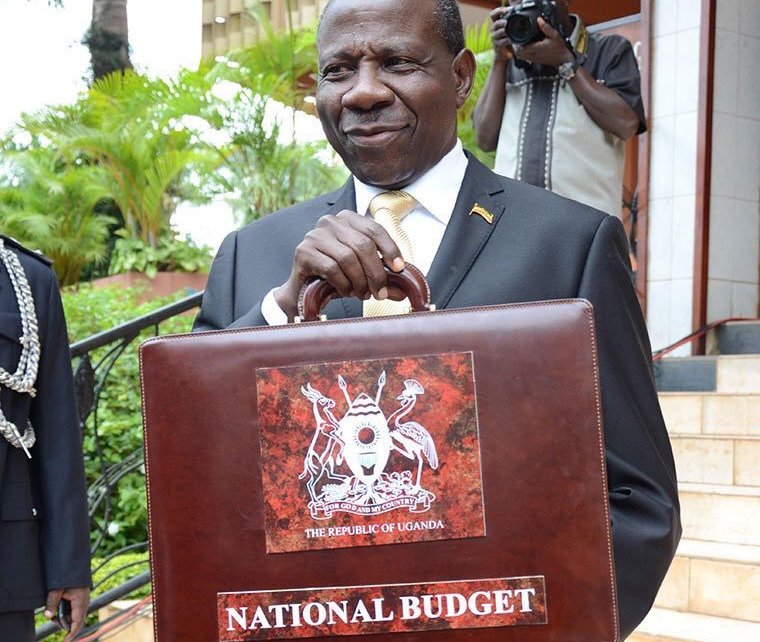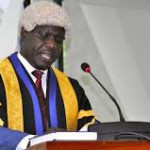In June 2022, as has been the norm, the Minister of Finance Matia Kasaijja will read the national budget to Ugandans who will be hooked to their radio and television sets, as well as social media platforms to know what is in store for them in the financial year 2020/2023 as the country prepares to spend over Shs45 trillion.
The national budget is an amalgamation of the money that each sector of government intends to spend in the given financial year. Ministries, departments, agencies, and local governments prepare their budgets earlier so as to fit in the budget cycle that runs from July to June.
However, it has become known that not all the votes that officials budget for are genuine. Falsehoods seem to be a parcel and part of the budgeting process in Uganda.
Uganda is on record for losing trillions of shillings every year to corruption. The budgeting process is one of the avenues that public officials use to siphon taxpayers’ money.
Though not clearly spelled out, Members of Parliament scrutinize budgets for different ministries and departments to catch officials who steal public money through budgeting.
For instance for the coming financial year, we have seen MPs on different committees decline to approve the money for some votes. This is because the planned expenditures are questionable and put taxpayers’ money at risk.
Planning activities not in mandate
For instance, MPs on Parliament’s Committee on Tourism Trade and Industry did not approve Shs10.5 billion asked by Uganda Warehouse Receipt System Authority (UWRSA) to repair storage facilities. According to the MPs, this activity does not fall under the mandate of UWRS. So why did the officials at UWRS ask for that money?
Concealing information on dead, retired or transferred workers
In the education and health sectors, accounting officers continue to use numbers of retired or dead employees in their budgeting process. A recent research done in certain secondary schools established that problem. This problem, according to the researchers, is a result of cliques, right from the lower district to the ministries.
Refusal to transfer balances to consolidated fund
Some of the government officials intentionally refuse to transfer funds to consolidated funds at the end of the financial year as required by the Public Finance management Act. The officials want to withhold that money for their own selfish interests. An official from the Finance ministry says they have on several occasions reminded officials in different ministries and departments to transfer the money to the consolidated fund. “Can you imagine some tables for the next budgets without telling us how they used the money in the previous financial year,” the official from the ministry said.
Unnecessary procurement
Yet some government officials have found another way of cheating the public of their money. It is through unnecessary procurement where they budget for certain items and services, well knowing they don’t need them that much. “Remember those in procurement departments secretly get commission on the items and services ordered,” said a young procurement officer in one of the ministries, who says his seniors in the department are very rich because of procurement.
Fixing workers’ salaries on fixed bank accounts
Further, some officials, especially district local governments, have the habit of holding workers’ salaries in fixed bank accounts in order to earn interest on it. When you move around villages in Uganda you will find newly recruited teachers and health workers complaining of nonpayment of their salaries for three or more months. “Sometimes sharp teachers have had to call Kampala to have the money released.
Hiding budget information
It is not a secret that some officials, especially those in districts, hide budget information from colleagues with the intention to cheat. Some of the activities they appropriate, especially in local governments, are questionable. Not long ago it was established that a district in the Sebei region was given over Shs50 million to construct a bridge but it would only spend less than a million on the same facility. This is the kind of example where some officials hid budget information.
Some agencies’ top executives make it hard have governing boards, it is for a reason
In the on-going scrutiny of the budget of 2022/2033 budget frameworks, MPs have had to bitterly ask why some agencies don’t have governing boards. Boards are meant to check excesses of the executives of agencies, for example by questioning their expenditures. This is how important the boards are. Just days ago, Uganda Export Promotion Board was almost denied funds for the next financial year due to lack of a governing board. It was saved by the Speaker of Parliament.
These are some of the reasons why some Ugandans don’t have interest in their national budget. “That one is for government people. They are the ones who benefit from it,” said a trader in Kampala, when asked to comment about the upcoming budget.







